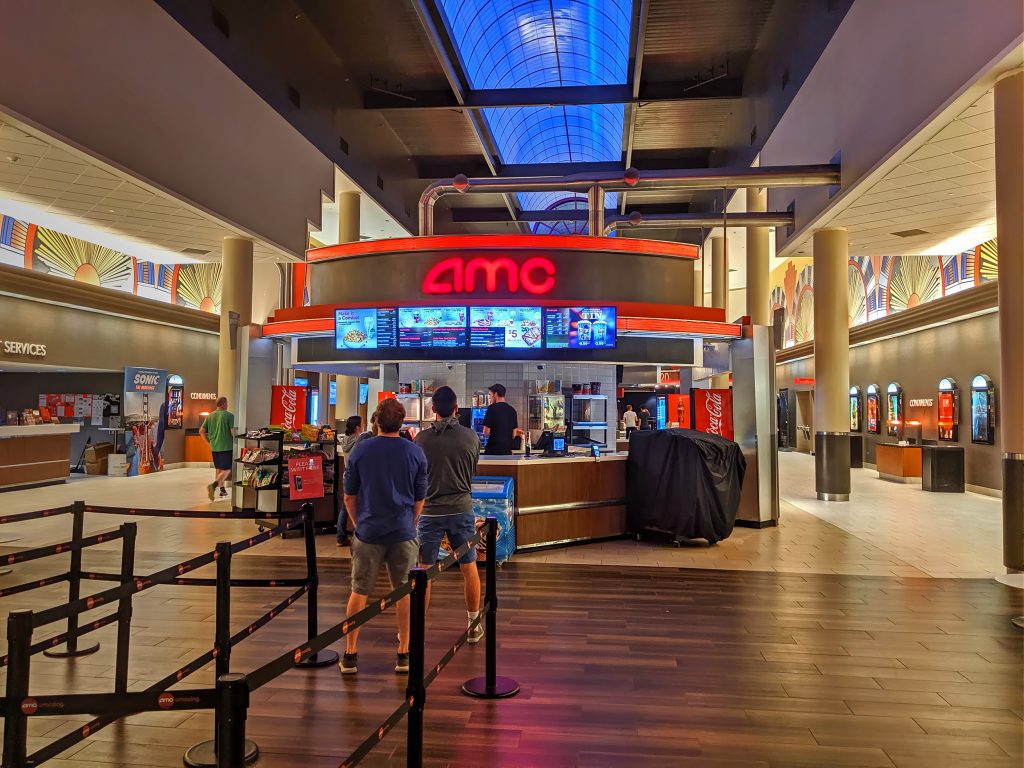Trading the Recent Plunge in ‘Meme Stocks,’ and Outlook for 2022
In 2021, a new niche emerged within the stock market, and this group of so-called “meme stocks” tends to be more sensitive to social media mentions, as opposed to traditional, business-related developments.

The 2021 trading year will likely be viewed in historical terms as transformational. Or at minimum, a somewhat strange outlier.
And that’s not because of a specific rate return in the markets, but instead due to the rising influence of retail traders in the U.S. financial markets.
Of course, the furious rally in GameStop (GME) shares will be forever remembered as Exhibit 1 for this new trend. But, the seachange has been much broader and deeper than just that single example.
For example, it’s estimated that back in January of 2020, retail trading only accounted for 17% of overall trading volume in the United States. However, that figure jumped to 25% by the summer of 2020, and was expected to rise above 30% at some point in 2021.
That’s an astonishing change in a relatively short period of time, and it will be extremely interesting to see whether retail penetration in the markets remains strong in the coming years.
For context, it’s estimated that nearly 85% of the total trading volume in China is attributable to retail traders. And while the American and Chinese markets are completely different in terms of maturity and complexity, that statistic suggests there’s reason to believe that retail participation in American markets can go up from here.
Of course, the way in which retail traders interact with the markets—and the approaches utilized by this group—will also change over time.
For example, while the so-called “meme stock” phenomenon emerged in 2021—as evidenced by Gamestop (GME), AMC Entertainment (AMC,) and many others—future trading years will assuredly see refinement in the retail approach.
The current pullback in meme stocks may even be interpreted as early evidence that the retail trading block is already modifying its thinking. Or, the current correction in meme stock valuations could come to be viewed as the catalyst that ultimately inspired change.
Either way, the meme stock group has undoubtedly taken a hit in Q4 2021. In the last month or so, some of the best-known meme stocks have experienced serious corrections, with GME dropping nearly 30%, AMC dropping 42% and Marathon Digital (MARA) dropping over 50%.
It’s not necessarily easy to define a meme stock in precise terms, but generally, they are stocks that have gained notoriety not as a result of business prowess, but instead because of their popularity in digital investing forums—such as Reddit’s WallStreetBets or Superstonk.
Meme stocks tend to experience strong rallies that are attributable to social media hype as opposed to business-specific developments. The chart below illustrates how declining mentions of GME and AMC in the WallStreetBets forum has coincided with a decline in those companies’ shares.
Source: Thomas Oide/Axios.
Unfortunately, news released by Gamestop in Q4 wasn’t that encouraging, either—GME reported worse-than-expected quarterly earnings on Dec. 8—which may be weighing on shares.
As for the broader meme stock group, it’s hard to say what’s catalyzed the correction.
One theory is that short-sellers have gotten more assertive, and are trying to push these stocks back in line with fundamental valuations. Or, it’s possible some retail traders are merely taking profits at the end of the year.
Ultimately, only time will tell how these stocks perform—individually and as a group.
Investors and traders looking to monitor the meme group more closely in Q1 2022 may want to add some of these symbols to their watchlists. Listed below are some of the stocks typically categorized as “meme-affiliated,” as well as their recent 30-day performance (as of Dec. 13):
- Marathon Digital (MARA), -51%
- Riot Blockchain (RIOT), -45%
- Robinhood Markets (HOOD), -44%
- Upstart Holdings (UPST), -43%
- AMC Entertainment (AMC), -42%
- Clover Health (CLOV), -41%
- Sundial Growers (SNDL), -37%
- ContextLogic (WISH), -36%
- Tilray (TLRY), -36%
- Cassava Sciences (SAVA), -35%
- GameStop (GME), -32%
One other listing that market participants should be on the lookout for is Reddit, which recently filed documents that suggest the company will IPO in 2022.
To hear more about the outlook for meme stocks in 2022, readers are encouraged to review a new episode of Hear Me Out on the tastytrade financial network. This episode features tastytrade co-founder and co-CEO Tom Sosnoff, who shares his current perspective on this unique niche of the financial markets.
For timely updates on everything moving the financial markets, readers can also tune into TASTYTRADE LIVE—weekdays from 7 a.m. to 4 p.m. CST—at their convenience.
Sage Anderson is a pseudonym. He’s an experienced trader of equity derivatives and has managed volatility-based portfolios as a former prop trading firm employee. He’s not an employee of Luckbox, tastytrade or any affiliated companies. Readers can direct questions about this blog or other trading-related subjects, to support@luckboxmagazine.com.



















